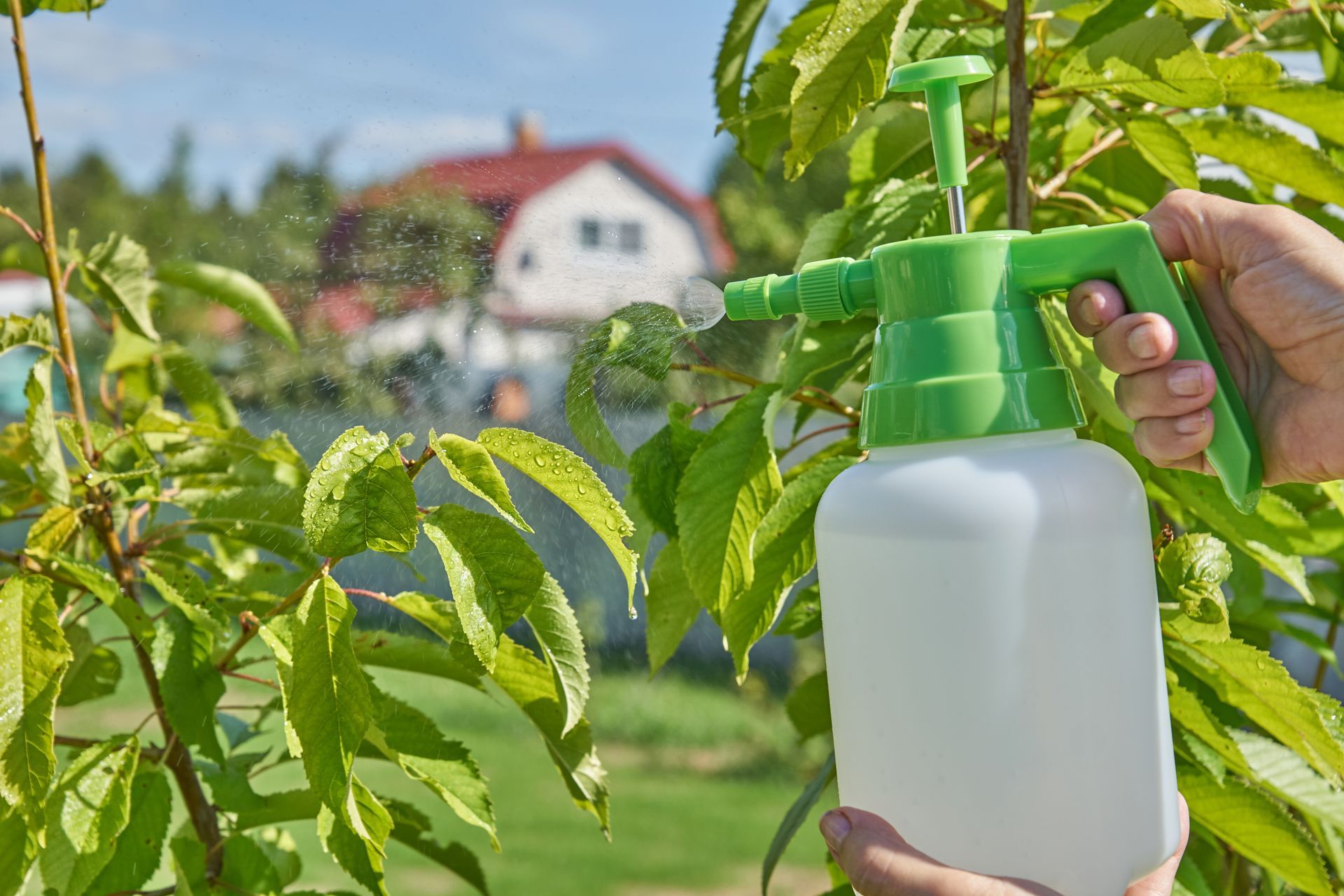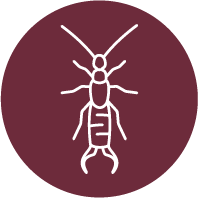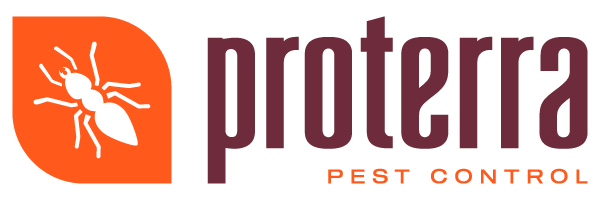Adapting Pest Control Strategies for Climate-Resilient Agriculture
As climate patterns shift and weather extremes become the new normal, farmers in the Tri-Cities region face unprecedented challenges in protecting their crops. Rising temperatures, unpredictable rainfall, and extended growing seasons are not only affecting plant health but also contributing to an uptick in pest populations and the emergence of new invasive species.
At Proterra Pest Control, we recognize the importance of innovative and eco-friendly pest management strategies that support both agricultural productivity and environmental stewardship. This blog explores how local farmers are proactively adapting their pest control methods to foster climate-resilient agriculture and maintain crop health for future generations.
The Climate-Pest Connection in Tri-Cities Agriculture
The relationship between climate change and pest dynamics is well-documented. Warmer temperatures accelerate the life cycles of many insects, allowing them to reproduce more rapidly and expand their geographic range.
In addition, erratic weather events—such as unexpected frosts or prolonged droughts—can weaken plant defenses, making crops more susceptible to pest infestations. This complex interplay between climate and pests underscores the urgent need for adaptable, sustainable solutions.
The Impact of Pests on Local Crops
The Tri-Cities area, known for its rich agricultural diversity, produces a variety of crops including apples, cherries, grapes, and wheat. Each of these crops faces unique pest threats. Apple maggots, for instance, pose a significant risk to the region’s apple orchards, while powdery mildew, exacerbated by warmer and more humid conditions, can devastate grape yields.
The economic consequences of unchecked pest populations are substantial. Pests are responsible for up to 40% of global crop losses annually, costing billions of dollars in lost revenue and increased management expenses. For Tri-Cities growers, effective pest control is not just about protecting plants—it’s about safeguarding livelihoods and sustaining the local economy.
Building Climate-Resilient Farming Practices
To thrive in an era of climate uncertainty, farmers are embracing resilience as a core principle of their operations. Climate-resilient agriculture involves integrating practices that enhance the natural resistance of crops to pests while minimizing environmental impact. This shift requires a holistic approach, combining traditional knowledge with cutting-edge science and technology.
One key strategy gaining traction is Integrated Pest Management (IPM). IPM emphasizes the use of multiple, complementary methods to keep pest populations below damaging thresholds. This can include crop rotation, beneficial insects, habitat management, and careful monitoring of pest activity. By prioritizing preventive and non-chemical interventions, IPM helps reduce reliance on synthetic pesticides and supports healthier, more balanced ecosystems.
At Proterra Pest Control, we partner with local growers to develop tailored IPM plans that align with the unique needs of their crops and the realities of a changing climate. Our team regularly monitors pest pressures and environmental conditions, providing data-driven recommendations that empower farmers to act swiftly and effectively.
Eco-Friendly Pest Control: Protecting Crops and the Planet
Eco-friendly pest control solutions play an essential role in climate-resilient agriculture. Biological controls—such as releasing predatory insects or using microbial agents—target pest populations without harming beneficial organisms or leaving harmful residues.
For example, the use of parasitic wasps to control codling moth populations in apple orchards has shown promising results in reducing crop damage while maintaining ecological balance.
Other sustainable techniques include applying pheromone disruptors to interfere with pest mating cycles and natural plant extracts that deter insects without affecting pollinators. These methods help preserve the long-term health of the soil, water, and surrounding habitats, as well as align with consumer demand for responsibly produced food.
Our commitment at Proterra Pest Control is to deliver solutions that are both effective and environmentally conscious. We continually evaluate emerging technologies and green products to ensure our clients benefit from the safest, most innovative options available.
The Future of Pest Control in a Changing Climate
Looking ahead, the need for adaptive pest management will only intensify as climate change continues to reshape the agricultural landscape. Ongoing research and collaboration among scientists, extension agents, and farmers are critical to staying ahead of evolving pest threats. Investments in precision agriculture tools—such as remote sensing, predictive modeling, and real-time pest surveillance—are enabling more targeted interventions and reducing unnecessary treatments.
For Tri-Cities growers, resilience means readiness: being prepared to adjust strategies as conditions change and embracing new practices that protect both crops and the broader environment. By working together and prioritizing sustainability, we can ensure a vibrant, productive future for agriculture in our region.
To learn more about our eco-friendly pest control solutions and how we can help you build a climate-resilient operation, visit our services page or
contact the Proterra Pest Control team today.
















